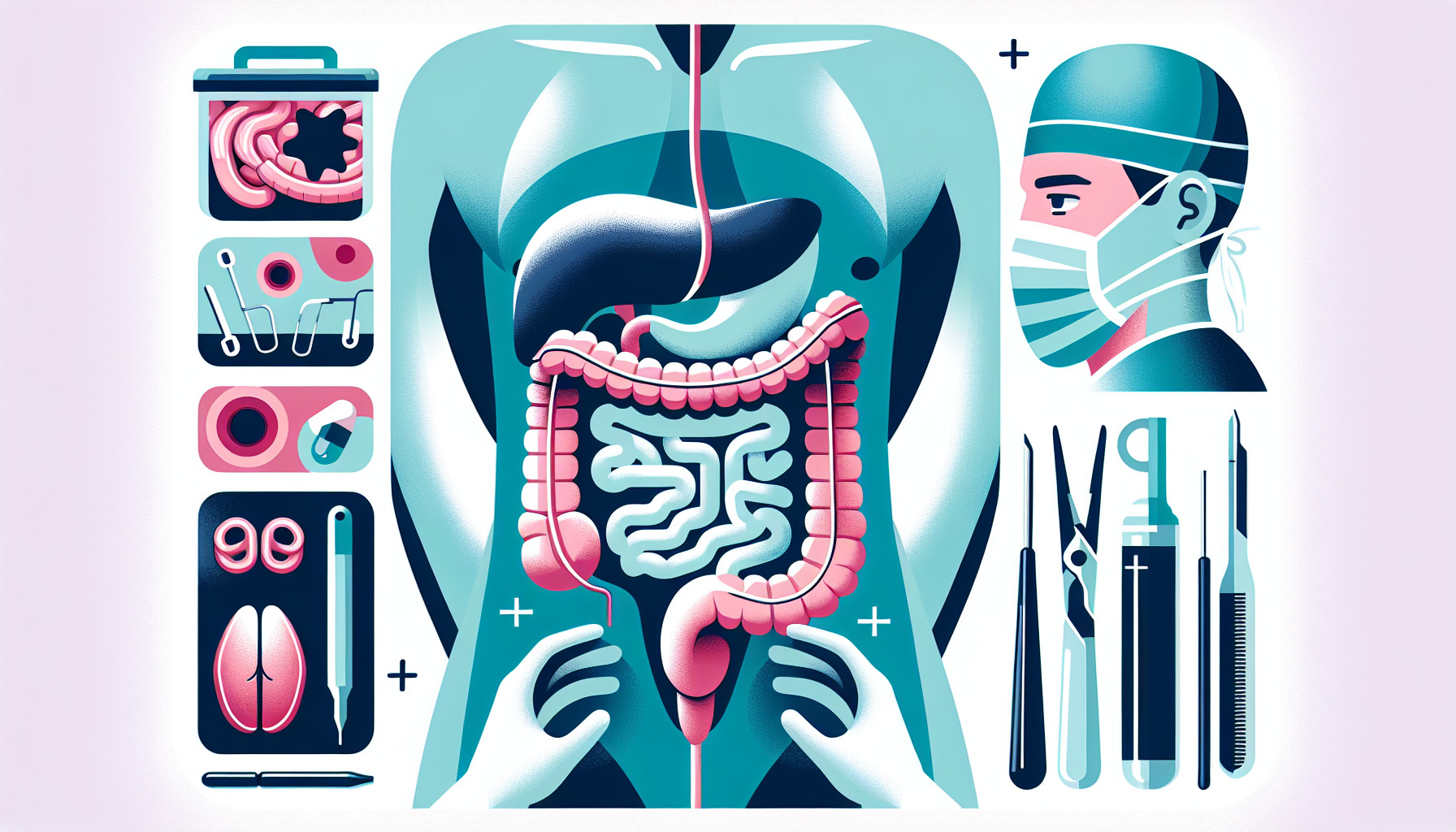Our Summary
This research paper reviews the progress in the field of intestinal transplantation over the past 30 years, particularly in children. It highlights improvements in surgical techniques, the evaluation of organ donors, and methods to prevent the body from rejecting the transplanted organ. These advancements have increased survival rates in children who have severe problems with their intestines. The paper also discusses the new diseases that have emerged as possible reasons for a transplant.
The paper goes into detail about the importance of preparing a patient for a transplant and the success of ‘intestinal rehabilitation’, which is the process of helping the intestines recover and work properly after severe illness or surgery. It also reviews how the methods of preventing organ rejection have changed over time.
The research further examines the common infections that children can get after an intestinal transplant and the results of the transplant in the short and long term. Finally, it discusses new research on how this complex treatment affects the lives of these young patients.
FAQs
- What advancements have been made in the field of intestinal transplantation in the past 30 years?
- What are the current indications for pre-operative intestinal transplant?
- What are the common infectious complications experienced by children after intestinal transplant?
Doctor’s Tip
A helpful tip that a doctor might give a patient about intestinal transplant is to closely follow the prescribed immunosuppressive medication regimen. These medications are crucial for preventing rejection of the transplanted intestine, but they also increase the risk of infections. It is important to take these medications exactly as prescribed and to communicate any concerns or side effects to your transplant team. Additionally, practicing good hygiene, maintaining a healthy lifestyle, and following up regularly with your healthcare provider can help optimize the success of your intestinal transplant.
Suitable For
Patients who are typically recommended for intestinal transplant are those who suffer from life-threatening complications of intestinal failure, such as short bowel syndrome, necrotizing enterocolitis, and motility disorders. These patients may have failed conventional treatments and require long-term parenteral nutrition or have recurrent episodes of sepsis and liver failure. Additionally, patients with more systemic manifestations of disease, such as microvillous inclusion disease or congenital enteropathies, may also be candidates for transplant. It is important for patients to undergo a thorough evaluation by a multidisciplinary team to determine if they are suitable candidates for intestinal transplant.
Timeline
Before intestinal transplant:
- Patient is diagnosed with a severe intestinal disease or dysfunction that cannot be managed with traditional treatments
- Patient undergoes extensive testing and evaluation to determine if they are a candidate for transplant
- Patient is placed on the transplant waiting list and waits for a suitable donor
- Patient may undergo intestinal rehabilitation to improve their condition and optimize their health before transplant
After intestinal transplant:
- Patient undergoes the transplant surgery, which can be a complex and lengthy procedure
- Patient is closely monitored in the intensive care unit post-transplant for any complications
- Patient begins a regimen of immunosuppressive medications to prevent rejection of the transplanted organ
- Patient is monitored closely for signs of rejection, infection, and other complications in the weeks and months following transplant
- Patient undergoes regular follow-up appointments and monitoring for the rest of their life to ensure the success of the transplant and manage any long-term complications or side effects
What to Ask Your Doctor
- What are the potential risks and benefits of an intestinal transplant for my specific condition?
- How long is the recovery process expected to be after the transplant surgery?
- What type of immunosuppressive medications will I need to take after the transplant, and what are the potential side effects?
- How often will I need to follow up with the transplant team for monitoring and care?
- What are the chances of rejection of the transplanted intestine, and how is this monitored and managed?
- Are there any specific dietary or lifestyle changes I will need to make after the transplant?
- What are the potential long-term complications or risks associated with an intestinal transplant?
- How successful has the transplant center been in performing intestinal transplants, and what is their experience with patients like me?
- Are there any alternative treatment options to consider before proceeding with an intestinal transplant?
- What is the expected quality of life after an intestinal transplant, and what support services are available for transplant recipients?
Reference
Authors: Soltys KA, Bond G, Sindhi R, Rassmussen SK, Ganoza A, Khanna A, Mazariegos G. Journal: Semin Pediatr Surg. 2017 Aug;26(4):241-249. doi: 10.1053/j.sempedsurg.2017.07.007. Epub 2017 Jul 25. PMID: 28964480
